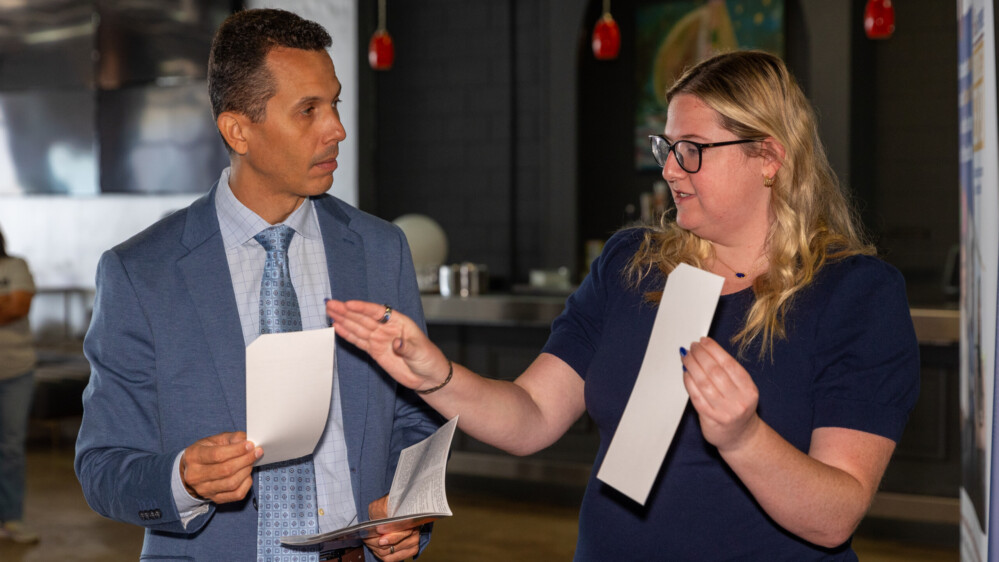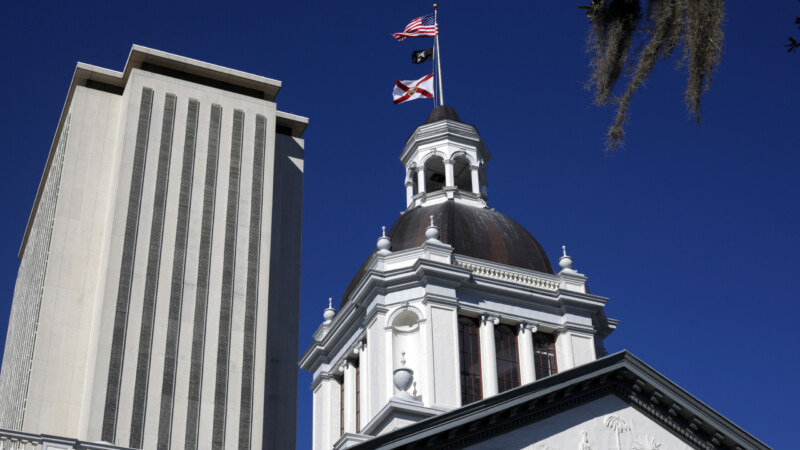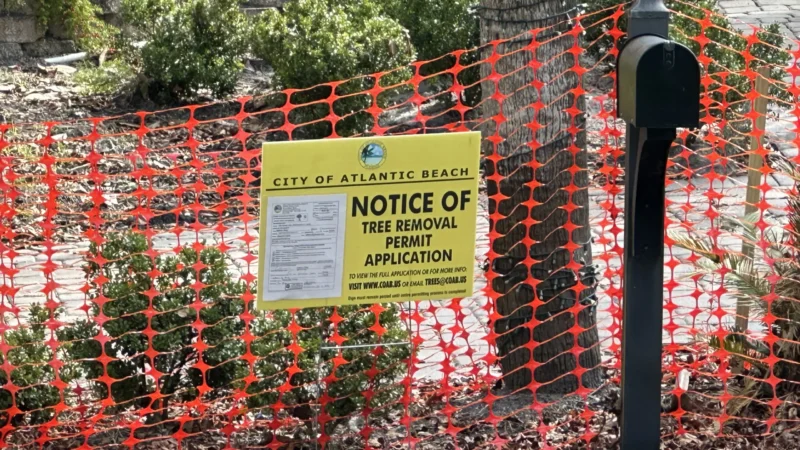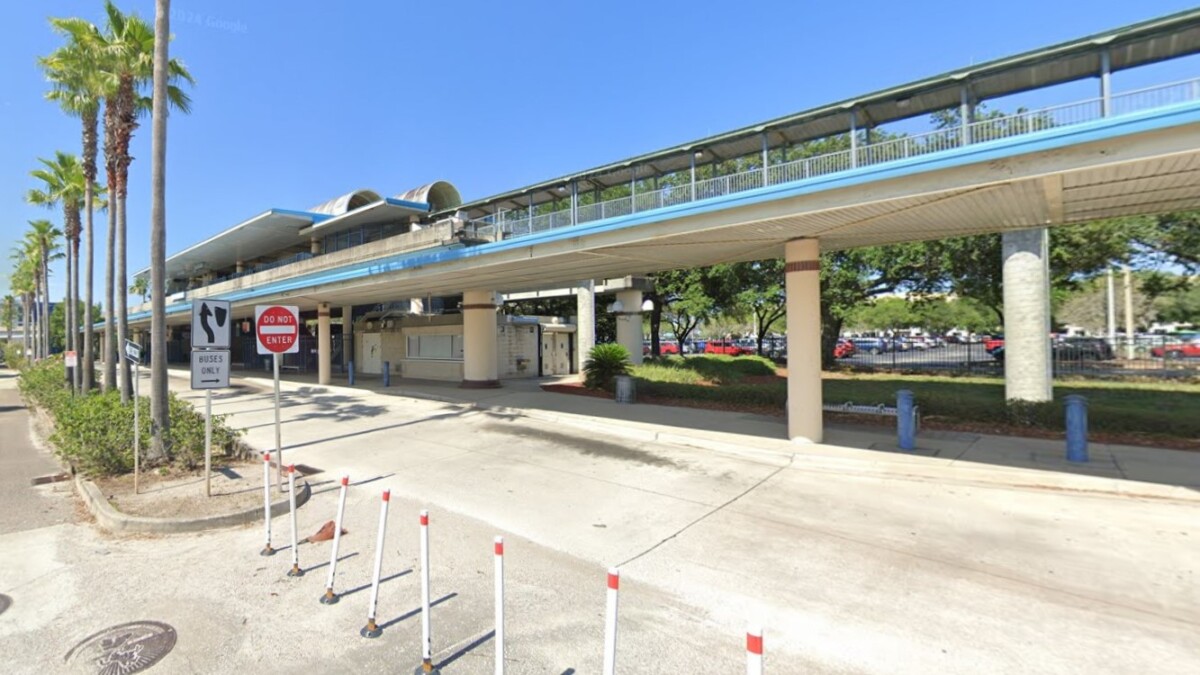Jacksonville’s Hispanic population is underrepresented at the polls, and bipartisan efforts are aimed at changing that ahead of the state’s Oct. 7 voter registration deadline.
Hispanic voters represent as much as 13% of Jacksonville’s population yet represent less than 7% of its recent electorate.
As for which way the election could be swayed by their increased participation, it’s hard to say: Duval’s 41,650 Hispanic voters are nearly evenly split, with 34.3% registered with no party affiliation; 33.2% registered as Democrats and 28.4% registered as Republicans.
Making the effort
Joel Gonzalez does not take the right to vote for granted. He is a Venezuelan-American who moved to Jacksonville in 2017, became a U.S. citizen in 2019 and works in real estate.
Gonzalez says the evaporation of Venezuela’s democracy is a reminder what can happen when citizens take their right to vote for granted. (The United Nations Human Rights Council recently concluded the Venezuelan government led by President Nicolás Maduro is using brutality to repress residents who supported opponent Edmundo González Urrutia.)
Gonzalez, director of membership and retention for the First Coast Hispanic Chamber of Commerce, has produced a video on the reliability of the ExpressVote machines used at Duval County polling places. He plans to share the video with is network.
“The Hispanic population is already a significant part of the dynamics of this country in terms of business creation, in terms of labor,” Gonzalez says. “But, we also need to make sure that we are a part of the change, part of the election…we have this right. We need to take advantage of it.”
In each of the last 10 general elections at the local, state and federal level, Hispanic turnout has been below white and Black voter turnout in Duval County.
In 2020, when 74.7% of all Duval County voters participated in presidential election between Joe Biden and Donald Trump, a little more than two-thirds (67.1%) of Hispanic voters participated, 78.6% of white voters and 69.6% of Black voters showed up, according to Duval Election Supervisor's Office data.
In response, leaders with the First Coast Hispanic Chamber of Commerce are partnering with UnidosUS – the largest Latino civil rights organization in the country – to provide local Hispanic voters with information about voter registration and the mechanics of voting along with candidates' backgrounds.
Advocates are also pushing to register more Hispanic voters ahead of the October deadline. Currently, 41,650 Hispanic voters are registered in Duval County, out of the approximately 60,000 Hispanic U.S. citizens who live in the county.
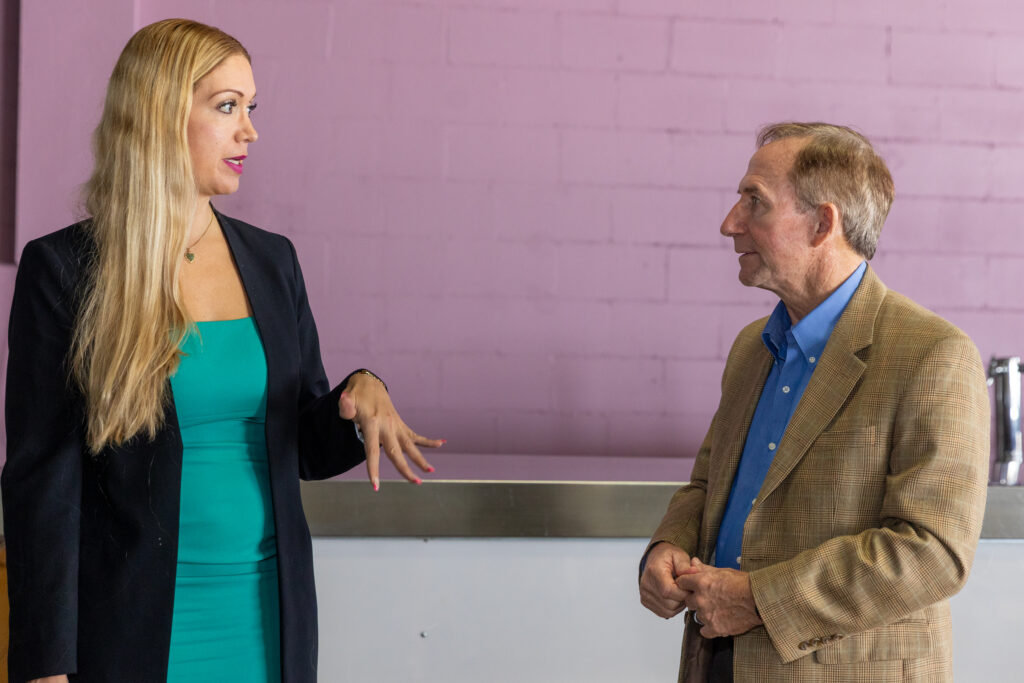
And the portion of Hispanic voters in Duval County who are considered inactive by the Florida Department of State is also high. Considering three of the top five ZIP codes with the highest number of inactive voters –32256 (Bayard); 32244 (Duclay) and 32246 (Southside Estates) are in areas with higher concentration of Hispanic residents, UnidosUS Florida strategist Arianny Eduardo says something needs to be done.
Last week, UnidosUS volunteers targeted Jacksonville-area grocery stores and apartment complexes in areas with high concentrations of Hispanic residents. It's important to help people register in a way they can understand, Eduardo says.
“Language is a barrier for our folks because they do understand some of it, but then get intimidated by the form itself,” Eduardo says. “They're like, ‘Oh, no, I might, you know, screw it up. I might do something wrong with this form.’ So, they hesitate to do that. If you have somebody in their language that can help them, then it makes all the difference.”
Eduardo says Hispanic voters can be so consumed with the day-to-day grind of providing for their family that they are not as engaged in the voting process. But says she has seen interest in this year’s election spike among Hispanic voters since President Joe Biden dropped out of the race in July.
“We’re out there not only making sure that people are registered, and they have received their voter registration ID card, but they also keep in mind when the election is so they can actually vote that day,” Eduardo says.
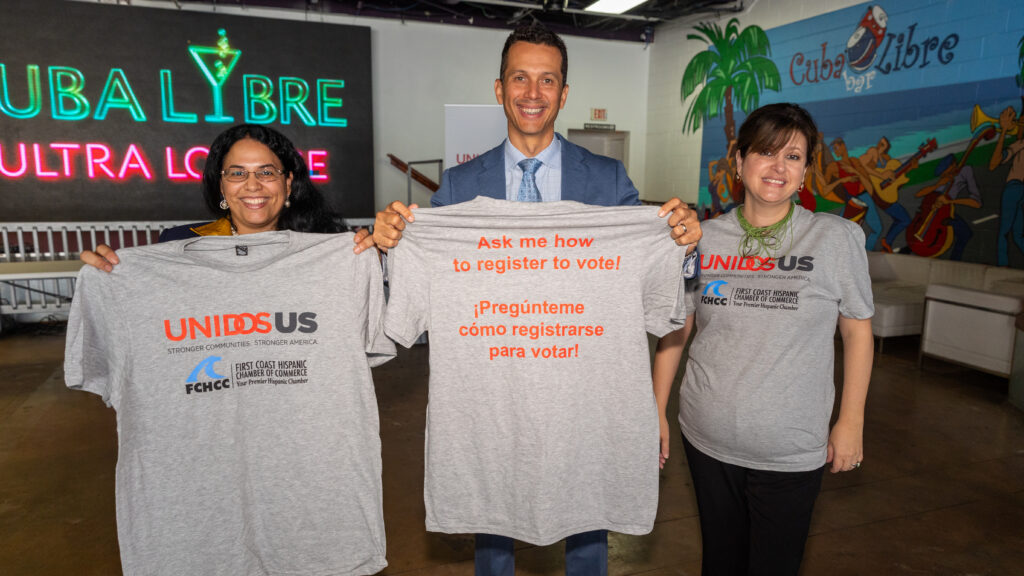
A UnidosUS poll of approximately 400 Florida voters last month found that 41% of them will be voting in either their first or second presidential election.
The poll also found that Florida’s Hispanic voters favor a path to citizenship for long-residing undocumented immigrants and "Dreamers," who were brought to the U.S. as children, as well as protections for long-residing undocumented immigrants. They listed inflation as the most important issue (60% of respondents), immediately followed by the economy (37%) and a lack of affordable housing (35%).
'We are loyal'
UnidosUS also found that 60% of Hispanic voters polled had not been contacted – either by text, email, direct mail or in person – by a political party or campaign.
“We have never really had any politicians come knock on our doors and advocate why we should vote for them,” says Jacksonville City Council member Raul Arias, one of two sitting council members who identify as Hispanic. “They just assume we are going to vote for them."
Arias worked as a restaurateur in Jacksonville for nearly 20 years before he ran as a Republican last year in the Southside's District 11, one of the most Hispanic-concentrated council districts.
“We are loyal,” Arias says of Hispanic voters. “When we commit to somebody – whoever comes and talks to us, obviously, has (to have) similar vision (and) plan of action (for) strategy, infrastructure, public safety and that kind of vision – we will support that. If you come knocking on our doors, more than likely, you got our votes. I think (politicians) are missing the mark on that.”
The 4,154 Hispanic voters in Arias’ district, which includes Baymeadows and Bayard, make up 8.1% of his constituents. Two other council districts have Hispanic voter concentrations over 10%: City Council Vice President Kevin Carrico’s Southside District 4 and Council member Rahman Johnson’s Westside District 14.
“We do want to be engaged,” Arias says. “We are looking for that opportunity to have somebody say, ‘Hey, this is what’s going on in the city, would you like to be a part of that? Invite us, bring us to the table. I think that’s starting to happen in Jacksonville.”



